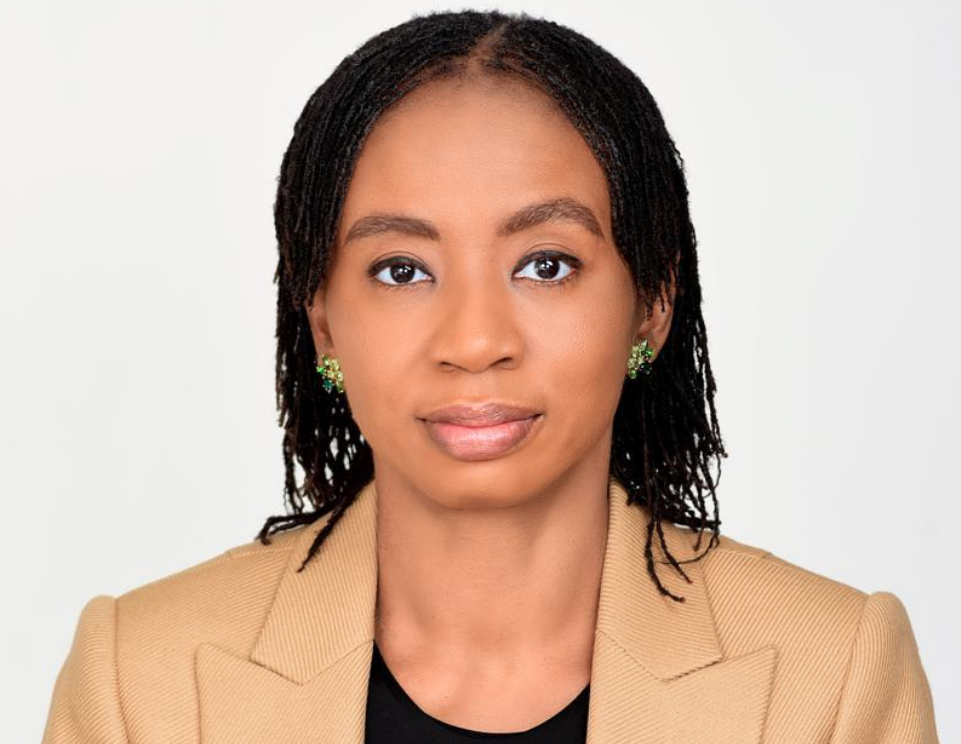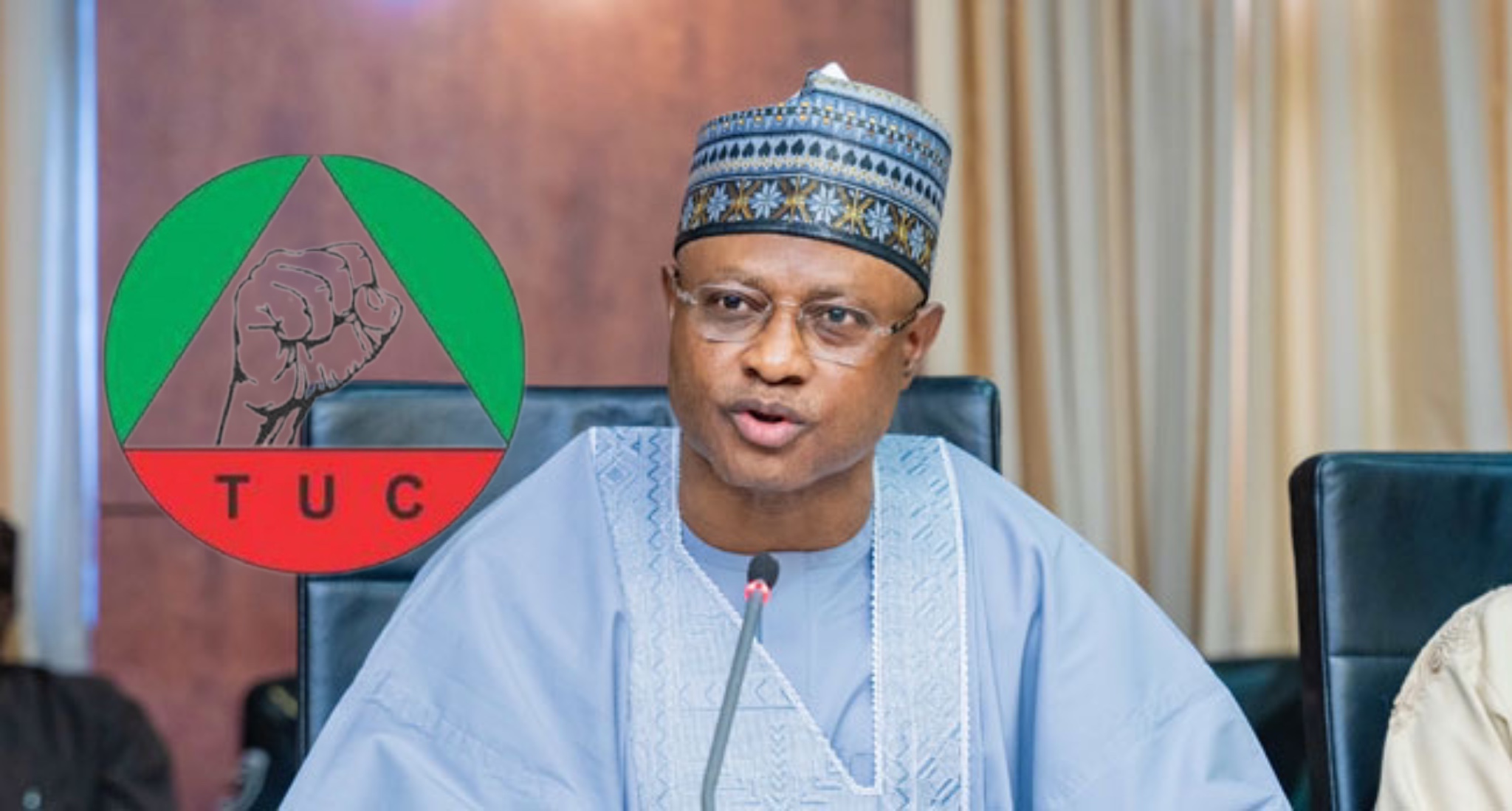
The Ebonyi State chapter of the Nigerian Union of Local Government Employees (NULGE) has expressed deep concern over the continued non-payment of the 2024 Christmas bonus to many local government workers in the state, nearly seven months after it was announced.
Speaking in Abakaliki on Wednesday, the state NULGE President, Mr Stanley Ewah, described the situation as regrettable and called on the government to act swiftly. He noted that while state government employees received ₦150,000 each as a Christmas bonus, local government workers were approved to receive ₦75,000. However, the payment has only been made to those captured in a previous verification exercise.
“It is disheartening that some council workers have still not received the promised bonus,” Ewah said. “Fighting for the welfare of local government employees is a responsibility I take seriously.”
Ewah explained that after Governor Francis Nwifuru announced the bonus for state workers, NULGE engaged with the governor and secured approval for a ₦75,000 bonus for their members. Unfortunately, many were left out due to issues with the verification process.
“I have visited all 13 local government areas in the state,” he said. “Those who missed out on the initial screening are the ones still unpaid. But we are not insensitive to their plight. We’ve gathered data on those affected and are working closely with the Association of Local Governments of Nigeria (ALGON) to ensure the matter is resolved.”
He added that 95 per cent of the affected workers have now been properly captured and expressed optimism that outstanding payments would be made by the end of July.
Ewah, who also serves as Vice Chairman of the Nigerian Labour Congress (NLC) in Ebonyi, commended Governor Nwifuru for his commitment to workers’ welfare and praised local government chairmen for their support and labour-friendly approach.
Addressing concerns over salary delays, he clarified that apart from June salaries, no local government workers were being owed. He attributed earlier delays in February and March to issues beyond the state government’s control.
“The Central Bank of Nigeria had directed local governments to open accounts with the bank, in line with their financial autonomy. This caused delays in salary payments across the country,” he said.
To avoid future delays, Ewah advocated for the creation of a dedicated salary account for local government staff. “Once such an account is established, funds can be disbursed promptly at the end of each month and replenished when statutory allocations arrive,” he said.










